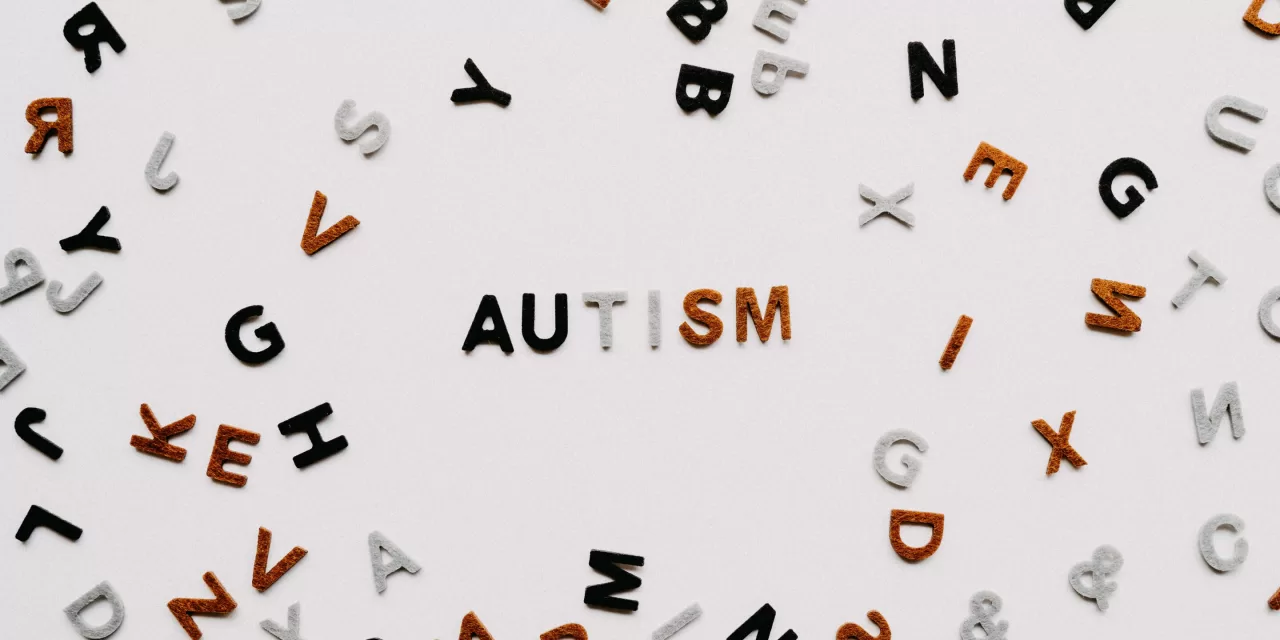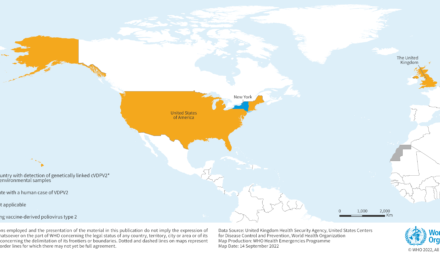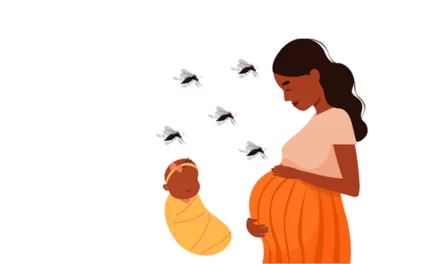New Delhi – Routine immunisation can play a pivotal role in the early detection of autism spectrum disorder (ASD) by enabling healthcare workers to identify developmental red flags, according to Dr. Sheffali Gulati, a paediatric neurologist at the All India Institute of Medical Sciences (AIIMS), New Delhi.
Taking to social media platform X, Dr. Gulati, who is the Professor and faculty-in-charge of the Child Neurology Division at AIIMS Delhi, outlined the importance of recognising early signs of autism during immunisation visits. She emphasised that these routine check-ups provide critical touchpoints to monitor developmental milestones in young children.
“Autism is a neurodevelopmental disorder characterised by social deficits, qualitative impairments in communication, and fixed interests or behaviours, often accompanied by sensory issues,” Dr. Gulati explained.
Recognising the Red Flags
Dr. Gulati highlighted specific developmental markers that could signal autism in children under two years of age.
- 6 months: Lack of response to their name.
- 1 year: Absence of babbling.
- 16 months: Inability to speak single words.
- 24 months: Failure to form two-word phrases or loss of previously acquired vocabulary.
“If a child exhibits these signs, autism may be suspected, and early intervention can be initiated,” she noted, urging healthcare workers to remain vigilant for these indicators during routine immunisation visits.
The Role of Early Intervention
Dr. Gulati stressed the critical role of early intervention in improving outcomes for children with autism. Behavioural therapy forms the cornerstone of this approach, with targeted interventions aimed at enhancing communication and social skills. In some cases, medications may also support developmental progress.
“By identifying these signs early, we can enable therapies that help children lead better lives in the future,” she said.
Advocacy for Inclusion and Acceptance
Dr. Gulati also advocated for societal acceptance of neurodiversity, beginning at home. “These children with autism are different, not less. Inclusion in society should start within the family, then extend to schools and the broader community,” she said.
She called on society to adopt a humanistic approach, ensuring that children with autism have the same right to a dignified life as others.
Autism in India: A Growing Concern
A recent study published in The Lancet Psychiatry underscores the significant health burden posed by autism in India. According to the study, India recorded 708.1 cases of ASD per 100,000 people in 2021, with higher prevalence rates among males (921.4 cases) compared to females (483.7 cases). About 140 per 100,000 individuals experienced poor health or disability due to autism.
Globally, approximately 61.8 million people—one in every 127 individuals—were autistic in 2021.
Dr. Gulati’s insights reinforce the potential of routine healthcare visits to act as gateways for timely diagnosis and intervention, ultimately enhancing the quality of life for children with autism and their families.












